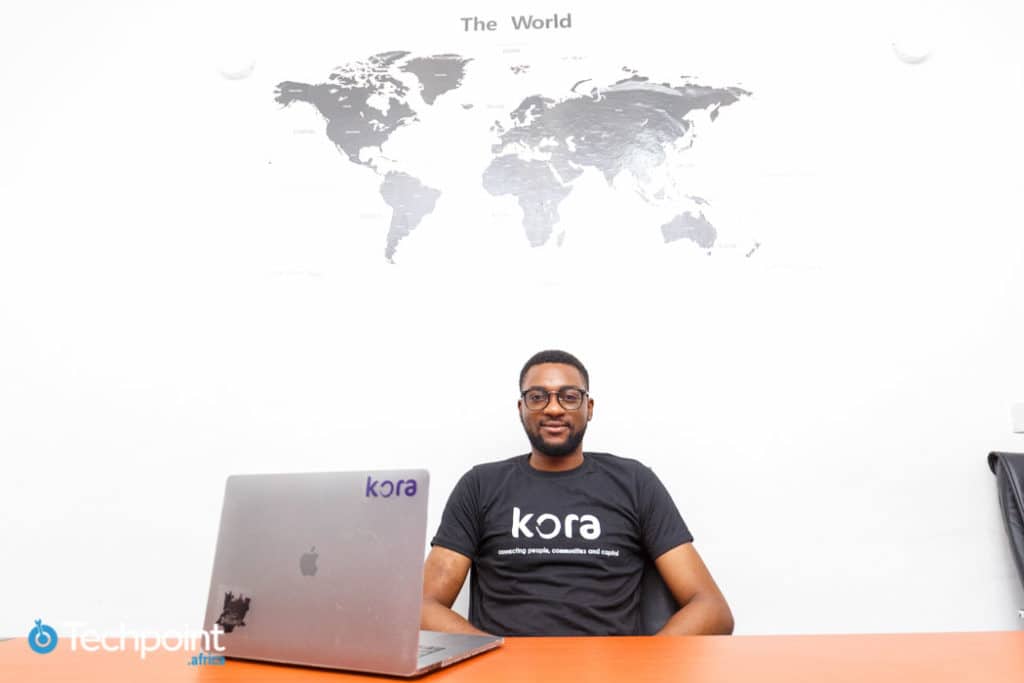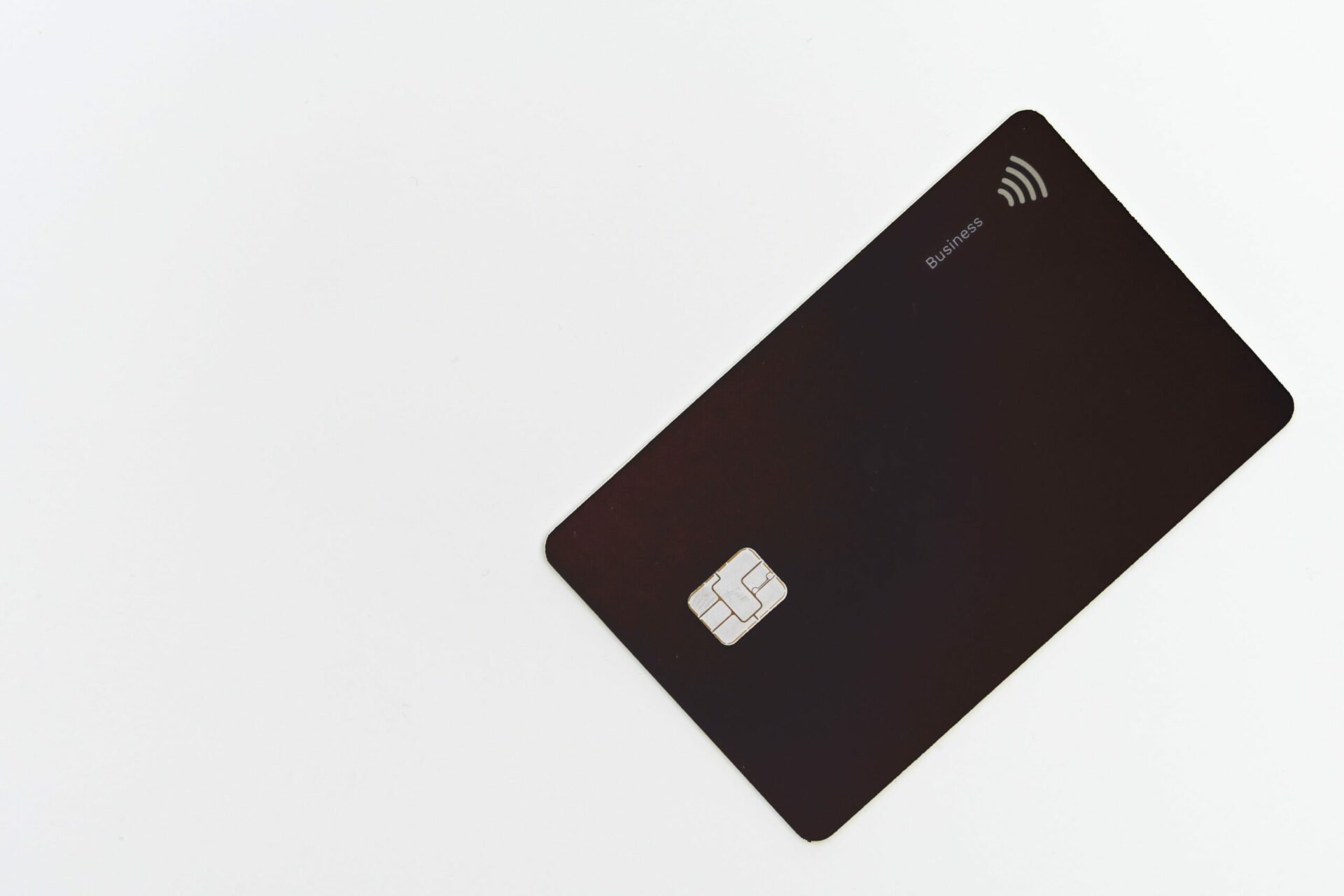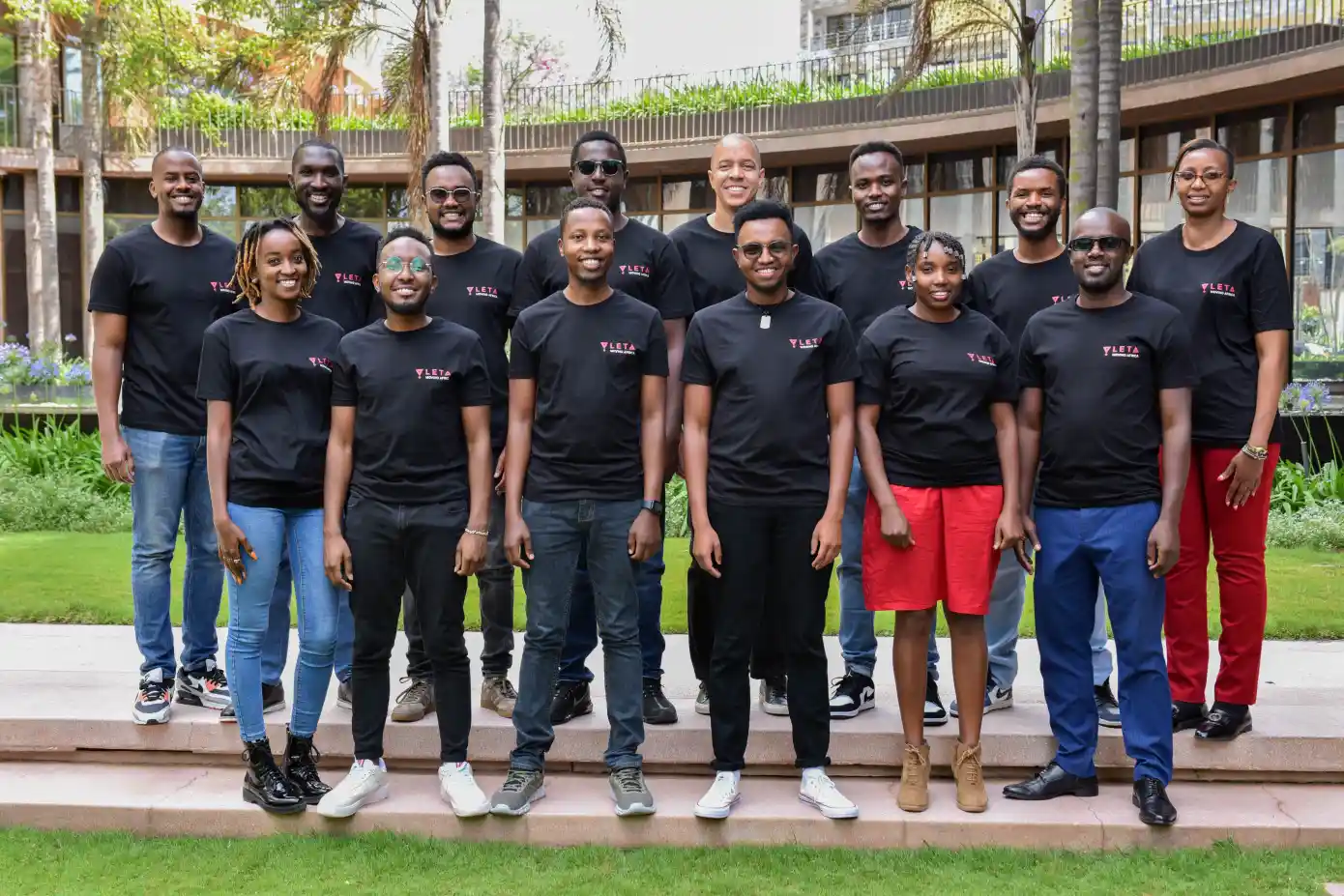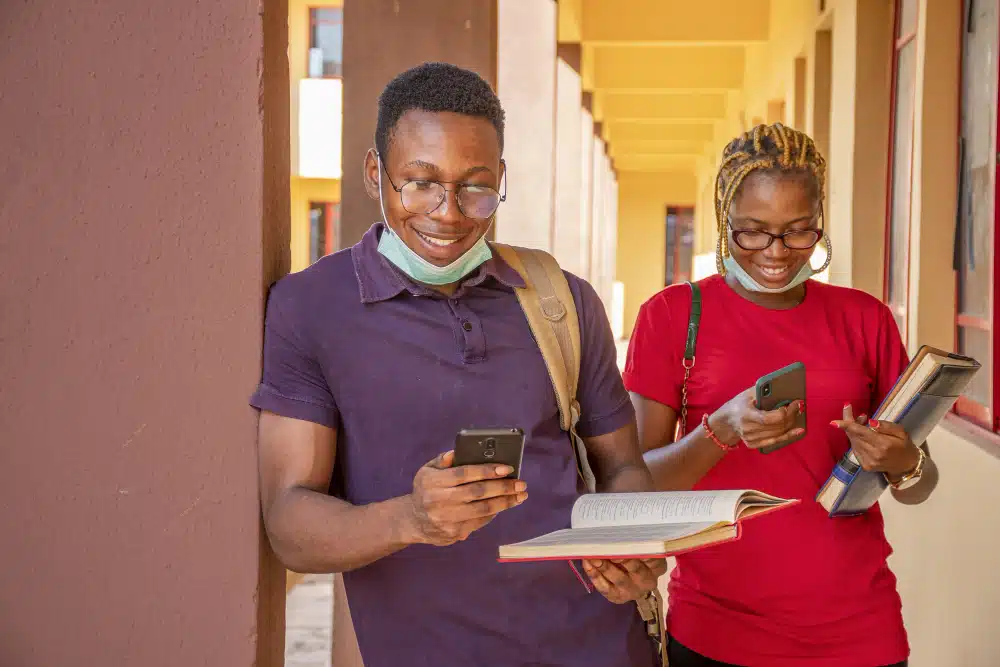Hello,
Victoria here,
Following the launch of the Central African Republic’s (CAR) digital currency, “Sango Coin,” on Sunday, July 3, 2022, the country announced that it would begin selling $21 million worth of the coin on July 21, 2022.
The “Sango Coin” will be available for purchase for a minimum investment of $500 in digital currencies like Bitcoin and Ethereum.
Interestingly, foreign investors will be able to buy citizenship for $60,000 in digital currency, with the equivalent Sango Coins held as collateral for five years and “e-residency” for $6,000, held for three years, under the Central African Republic’s initiative.
According to CAR, 12 more coin sales would occur, with the price increasing each time. Many details remain unknown, like the technology used, companies supporting the launch, and whether the token’s price would be free-floating or fixed.
The terms and conditions of the investment platform state that unused Sango Coins cannot be refunded or converted into other digital currencies.
Today, I’ll be discussing:
- Precious Tawo’s journey
- Virtual dollar card services outage
- Kora’s response to Kenyan government’s accusations
- Swvl’s acquisition
Precious Tawo’s journey

| Do you know Burna Boy? Of course, you do! Who isn’t familiar with Burna Boy? But do you know Precious Tawo? Yeah, you don’t. I knew I couldn’t be the only one who didn’t know him, so I asked three people around me if they knew Burna Boy’s sound engineer, but they said no. And I’m 90% sure you had no idea who he was until you opened this newsletter. (Well, you can prove me wrong. Hit the reply button and tell me if you knew him before now.) So, if you don’t (or do) know him, keep reading. Why? Ogheneruemu told the story of Burna Boy’s sound engineer on the latest edition of Everyday People. His name is Precious Tawo, a freelance sound engineer and production manager. He has worked with companies like Google, IBM, and MultiChoice. He owns Decibelz Production Limited, a one-stop-shop for all your audio rental needs. He likes to give his all in whatever he does, and he is a perfectionist who always gives a 110%. So it took him some time to accept that every engineer has bad days. Here’s a bit of the story: He had an event in Eko Atlantic in 2015; it was supposed to be the launch of Majestic Voyage, and there was a sound check ten minutes before the show. Precious was mixing monitors, and everything sounded fine. He tapped his screen five minutes before the show, and it was frozen. Precious attempted to restart the console, but nothing happened. Essentially, anyone planning to perform would not hear anything they were saying. Don’t worry; there’s good news; everything went back to normal. And for someone who didn’t choose the sound engineering path, it was definitely a close call. You can read it here: Precious Tawo: Burna Boy’s sound engineer on creating your path with grit and determination |
Downtime for virtual dollar card services

Last Friday, several companies — Flutterwave (Barter), Busha, Payday, Eversend, and GetEquity — offering virtual dollar card services notified their customers that their virtual card service would be indefinitely unavailable in Nigeria.
This is a heavy blow for Nigerians who already have to deal with a $20 – $50 card transaction limit.
Flutterwave and Eversend’s dollar card service shut down yesterday, Sunday, July 17, 2022, while Busha’s would be discontinued today, July 18, 2022.
But why the shutdown? Flutterwave said it was discontinuing the service due to “an update from our card partner, which will cause the card service to be unavailable for an extended period of time.”
Union54 is a partner card used by consumer fintechs like Flutterwave, Eversend, GetEquity, PayDay, Vesti, and Busha.
Consequently, the current virtual dollar card shutdown reported by these startups is thought to be the result of Union54’s downtime.
Union54 is a Zambian startup that makes issuing virtual dollar cards in Africa simple.
Fintechs issue debit cards using Union54’s APIs. The company handles the necessary bank sponsorship required to work with the chosen Card scheme (Mastercard); they also make transaction processing and settlement easier.
According to benjamindada.com, “a recurring theme I have heard from speaking with founders is that Union54 is trying to resolve some issues with Mastercard.”
Kora responds to Kenyan government’s accusations

Kora, a Nigerian fintech startup, has responded to fraud and money laundering allegations against it and Kenya-based Kandon Technologies, a liquidity management provider, last week.
This occurred a week after Flutterwave was charged, and Kora says these allegations are “empty and unfounded.”
Kenya’s Asset Recovery Agency (ARA) filed two suits against the companies. The High Court froze their accounts on suspicion of bringing over $50 million (KES 6 billion) into the country as part of a money laundering scheme.
Lady Justice Esther Maina froze $249,990 (KES 29.5 million) in Kora’s Equity Bank account, while Kandon Technologies had $126,800 (KES 15 million) frozen in two UBA accounts.
According to ARA, the two companies are part of an international fraud ring that uses Kenyan banks to receive funds from an untraceable foreign source.
Their activities were investigated after a single account received $249,990 (KES 29.5 million) in a single transaction. Kenyan authorities’ investigations reveal that the bank accounts were handled cumulatively between October 2021 and April this year.
Per ARA, the companies were established in Kenya to launder money through the country’s liberal financial system. Both companies have so far been linked to a Kenyan businessman named Simon Karanja, whose bank accounts have also been frozen.
However, Gbenga Onalaja, Kora’s Head of Marketing and Communications, said that the company deposited $250,000 in its newly opened bank account, pending the grant of its licence, in accordance with Central Bank of Kenya’s requirements.
He also said that the account’s easily verifiable records show that the $250,000 deposit is the only transaction on that account to date.
According to Onalaja, “Kora has been dragged through Kenyan courts on empty, unfounded allegations of money laundering since May of 2022. As a responsible corporate citizen, we have consistently challenged all these allegations in court and will continue to do so; we have documents that support our position.”
He stated that the company is confident that the Kenyan courts will come to see that the accusations against them are not only wholly baseless but borderline malicious.
Also, in June 2022, Kenyan fintech, Kiwipay, had its accounts frozen for debit card fraud. In Kenya, it appears that regulations are catching up with fintechs.
But why is there a surge in this kind of activity from the ARA? Should we brace ourselves for new policies?
Swvl acquires Urbvan

Swvl, an Egyptian ride-hailing service, has acquired Urbvan Mobility, a Mexico-based shared mobility platform that offers tech-enabled transportation services.
This acquisition sees Swvl expanding into Mexico, the second most populous country in Latin America. Also, the process is expected to be completed in Q3 of 2022.
Launched in 2016, Urbvan offers transportation services to improve the quality of life and the safety standards of bus travel across vast geographical distances.
How? It integrates mobility patterns with a shared vehicle aggregator platform.
The company is present in 18 Mexican cities, offering solutions for urban routes, intercity routes, private organisations, and private on-demand needs.
Swvl will use Urbvan’s networks to accelerate its mission of providing safer, faster, smarter, and more affordable mass transportation to everyone in Mexico.
What makes this acquisition interesting is Swvl laying off 32% of its workforce in May 2022, citing a need to turn cash flow positive as the reason for the layoffs. However, it could be said that acquisition talks could have begun long before now.
Youssef Salem, Swvl CFO, says it is all part of the plan.
“The acquisition of Urbvan contributes towards all the key objectives of our recently announced portfolio optimisation plan: opportunity to enhance margins, turn cash flow positive in 2023, focus on high profitability segments TaaS and SaaS, expand in higher ticket fare markets and extract more value from our proprietary technology stack,” Salem says
Have a great day!











